
Agriculture
June 22, 2024
Mobile General Medicine Clinic
Read SolutionImplemented by
Odulair

Updated on June 22, 2024
·Created on August 13, 2018
Clinic in a Can is a relocatable clinic built in a container to serve patients in remote environments with no access to a hospital.
Clinic in A Can is an initiative enhancing access to quality healthcare through the use of relocatable containerized clinics. These units are designed to operate in remote environments to provide more affordable and accessible medical solutions and services. These units are mainly built to aid in situations of disaster relief, remote localities, and isolation wards.
The cost/price varies depending on the sizing and the number of units.
Target SDGs
SDG 3: Good Health and Well-Being
SDG 7: Affordable and Clean Energy
Target Users (Target Impact Group)
Public Sector Agencies, NGOs
Distributors / Implementing Organizations
Clinic In A Can
Competitive Landscape
Direct competitors include Philips and Rhiza Foundation Mobile Clinic and Mobile Schools Health.
Countries
Dominica, Dominican Republic, Ecuador, Haiti, Kenya, Liberia, Nicaragua, Nigeria, Philippines, Saudi Arabia, Sierra Leone, South Sudan, United Arab Emirates, United States
Manufacturing/Building Method
The units are custom-made dependent on the customer’s preference. The building materials have a life expectancy of at least 30 year, such as a plastic substrate used for the clinic walls. The substrate is also waterproof and insect repellent. High quality insulation is used to lower energy costs and reduce ambient noise.
Intellectural Property Type
Trademark
User Provision Model
The Units are purchased directly from the manufacturer on a lease (only in United States and Canada) and/or purchase terms with the costs varying on the customizations and number of units needed.
Distributions to Date Status
Unknown
Area of Cart (m^2)
11.1 m2
On-board Power
Solar powered, hybrid option (solar and diesel generator), or electricity if available
Services Offered
Disaster relief with Emergency/Trauma, Primary Health Care, and Infectious Disease units
Transport Method
Truck
Weight (kg)
Varies by customization and quantity of units
Wifi Enabled
Yes
Design Specifications
The unit is designed with structural walls for mounting equipment and storage cabinets. Medical cabinets are placed at the far end of the room and equipment along the hallway to create space for free movement. The doors and windows are located on cargo doors to provide security but also allow the unit to be shipped as a normal container.
These units are designed to run on solar power, a hybrid of solar and a diesel generator, or an electric grid. The clinics are engineered to be energy-efficient, operating on less than 500 watts of electricity. Clinics are built using materials with a life expectancy of more than thirty years.
Technical Support
Support is available through the manufacturer
Replacement Components
Accompanying medical devices
Lifecycle
Units or clinics are built of high-quality material with a life expectancy of more than 30 years.
Manufacturer Specified Performance Parameters
Every human being should have access to quality healthcare.
Vetted Performance Status
Unknown
Safety
Complementary Technical Systems
A reliable power source is required for this product.
Academic Research and References
Sworo, G.D., Kam, M. and Juan, E.J., 2012, Design of a Telemedicine-Based System for Clinic-In-A-Can, IEEE Global Humanitarian Technology Conference, pp. 265-270.
Gibson, B.A., Ghosh, D., Morano, J.P. and Altice, F.L., 2014, Accessibility and Utilization Patterns of a Mobile Medical Clinic among Vulnerable Populations, Health & place, 28, pp. 153-156.
International Committee of the Red Cross, 2006, Mobile Health Units Methodological Approach
Behl Khanna, A., Arora Narula, S., 2016, Mobile health units: Mobilizing healthcare to reach unreachable, International Journal of Healthcare Management, 9(1), pp. 58-66
Kamsu-Foguem, B., Foguem, C., 2014, Telemedicine and mobile health with integrative medicine in developing countries, Health Policy and Technology, 3(4), pp. 264-271
Hill, C. F., Powers, B. W., Jain, S. H., Bennet, J., Vavasis, A., Oriol, N. E., 2014, Mobile health clinics in the era of reform, The American journal of managed care, 20(3), pp. 261-264
Murphy, D. C., Fernandez-Wilson, J. B., Mobile Health Units: Design and Implementation Considerations, Aaohn Journal, pp. 526-532
Compliance with regulations
All Clinics must meet the CSC (Convention for Safe Containers) Certification before shipping.
The company only sources equipment and instruments from registered, approved and certified medical equipment dealer companies.
Evaluation methods
unknown

Agriculture
June 22, 2024
Implemented by
Odulair
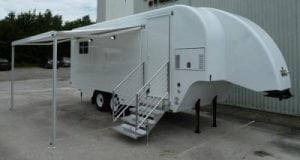
Agriculture
June 22, 2024
Implemented by
Mobile Clinics & Hospitals

Agriculture
June 22, 2024
Implemented by
Phillips South Africa and Rhiza Foundation
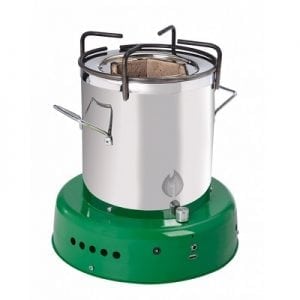
Agriculture
November 30, 2024
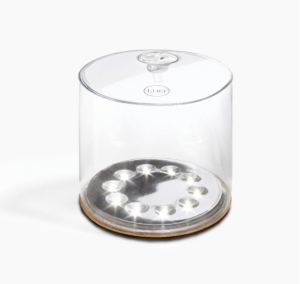
Agriculture
December 16, 2024
Implemented by
MPOWERD
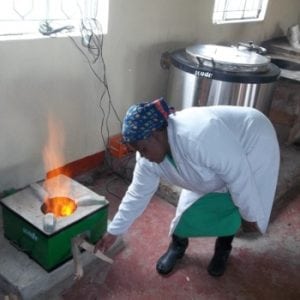
Agriculture
November 30, 2024
Implemented by
Sustainable Community Development Services (SCODE)

Agriculture
November 12, 2024
Implemented by
International Research & Development Africa Ltd
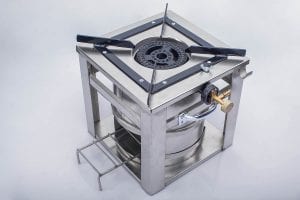
Agriculture
December 27, 2023
Implemented by
F & M Industries Ltd.
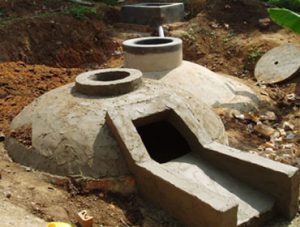
Agriculture
December 19, 2024
Implemented by
Green Heat
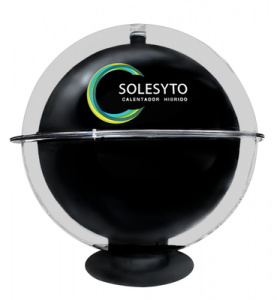
Agriculture
January 28, 2024
Implemented by
Energryn
Have thoughts on how we can improve?
Give Us Feedback
Test1